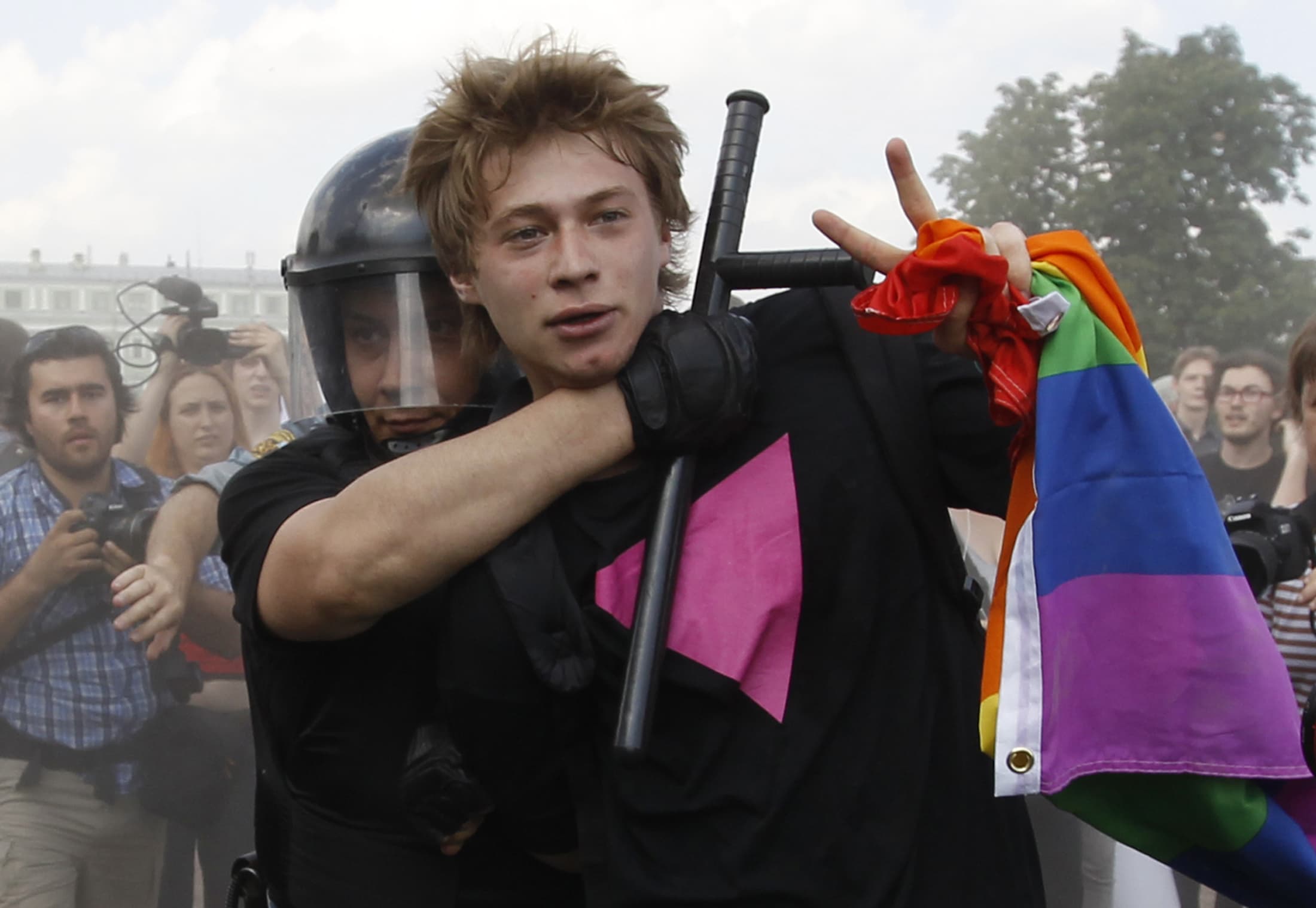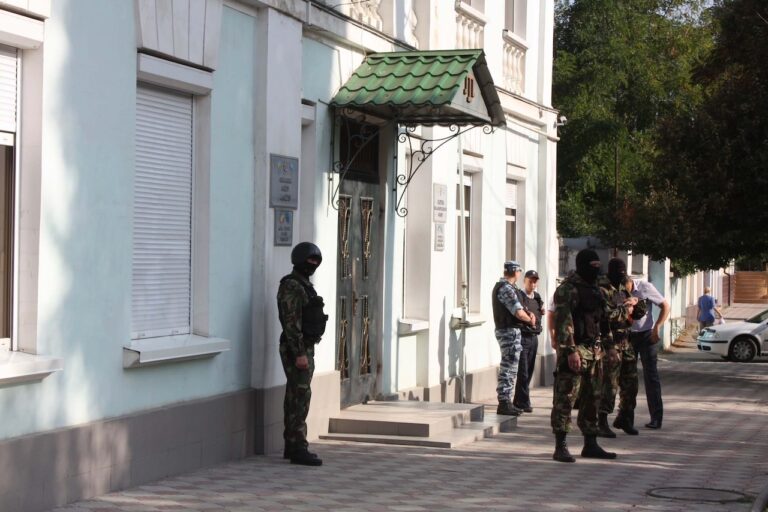On the eve of the G20 Leaders' Summit in St. Petersburg, human rights organisations are calling on world leaders to denounce Russian laws that discriminate against LGBTI people and prevent non-governmental organisations from doing their work.
You know a country is under scrutiny when people all over the world begin boycotting its emblematic drink.
The “dump Stoli” campaign, an initiative started by columnist and LGBTI activist Dan Savage, calls for a boycott of one of Russia’s main exports, Stolichnaya vodka.
The campaign began in late July, soon after the Russian Duma passed a law that bans people from sharing information about sexual minorities.
Concerned that the law would not only discriminate against Russian LGBTI people, but LGBTI athletes in the Sochi 2014 Winter Olympics, activists all over the world began protesting against it. Some called for a boycott of the Olympic Games themselves; others joined the vodka boycott by dumping gallons of Stoli onto the streets of West Hollywood, and pulling it from bars in New York City, Seattle and London.
By late August, all eyes were on Russia, and human rights organisations saw the upcoming G20 Leaders’ Summit, taking place in St. Petersburg on 5-6 September 2013, as a good opportunity to bring attention to the deteriorating human rights climate in the host country.
On 28 August, Russian and international organisations launched the “Keep Hope Alive” campaign as a way to draw attention to Russia’s crackdown on civil society, which has strengthened since Vladimir Putin was re-elected as president last year.
The initiative denounces a series of discriminatory laws that have been passed since 2012, including one that requires non-governmental organisations who receive overseas funding to register as “foreign agents”.
In a press release expressing its support of “Keep Hope Alive,” Freedom House notes that the aforementioned laws “…fuel violence and discrimination against the most vulnerable minority groups in Russia, including immigrant workers, ethnic and religious minorities and LGBTI people.”
“Keep Hope Alive” is also supported by ARTICLE 19, Civil Rights Defenders, Front Line Defenders, ILGA-Europe (the European Region of the International Lesbian, Gay, Bisexual, Trans and Intersex Association) the Russian LGBT Network and UNITED for Intercultural Action (European network against nationalism, racism, fascism and in support of migrants and refugees).
The campaign features an informative video about human rights abuses in Russia, as well as English and Russian social media pages that people are encouraged to visit, share and engage with.
“Keep Hope Alive” is not the only initiative seeking to put free expression and human rights on the G20’s agenda.
PEN International is also calling on individuals to denounce the country’s increasingly repressive actions, including the continued imprisonment of Pussy Riot members Nadezhda Tolokonnivova and Mariya Alekhima, who were convicted on charges of hooliganism along with their band mate Yekaterina Samutsevich after performing a “punk prayer” at Moscow’s Christ the Saviour Cathedral last year.
In a recent press release, PEN called on individuals to write their elected officials, to reach out to newspapers and journalists or to publish articles about repression in Russia themselves.
Other organisations dedicated to freedom of expression have also appealed to G20 leaders in advance of their meeting.
Human Rights Watch recently wrote letters to leaders of select G20 states – including Australia, Brazil and Argentina – asking them to meet with Russian nongovernmental organisations to learn first-hand about how state repression affects their work.
“A strong, open society is essential for transparency,” said Tanya Lokshina, Russia program director at Human Rights Watch, in a press release. “Russia’s leadership needs to hear from its G20 partners that its crackdown does not serve but instead contradicts the interests of an open society.”
The continuous campaigning efforts of all of these organisations may already be having some effect.
On 3 September 2013, Reuters reported that U.S. President Barack Obama had invited Russian human rights activists to meet him on 5 September. Among those invited were Vykhod, or “Coming Out” a gay rights group that has protested against Putin’s “homosexual propaganda law.
Nevertheless, activists like Lyudmila Alexeyeva – who is also attending the meeting with Obama – are skeptical of Obama’s motives. Reuters cites the activist as saying “This is politics, this is because of Snowden and what else.”
Last month, Obama cancelled the U.S.-Russia bilateral meeting in early September, citing, among other things “Russia’s disappointing decision to grant Edward Snowden temporary asylum,” according to The Guardian.



